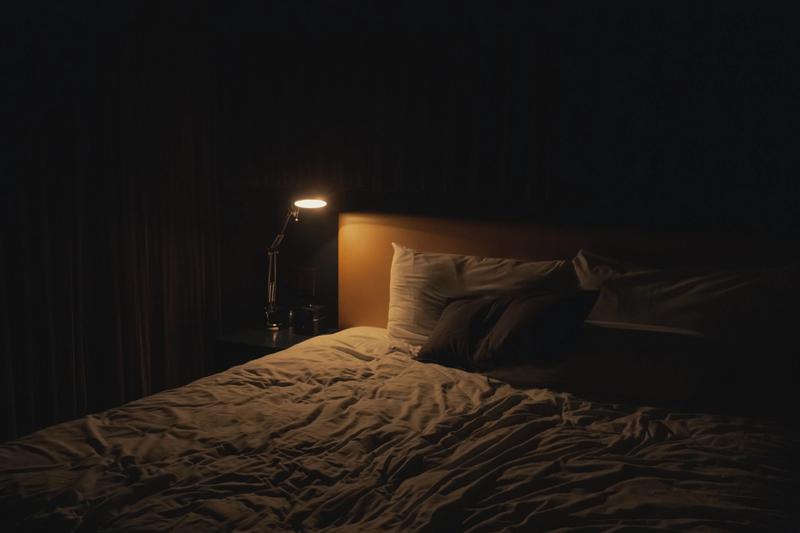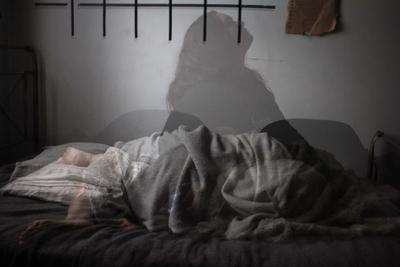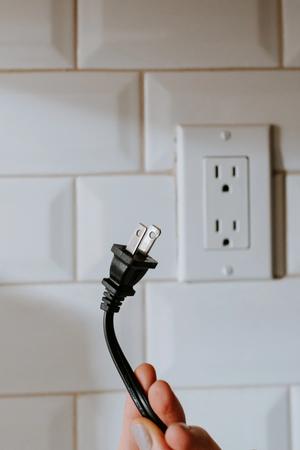Does this sound familiar?
It’s bedtime on a weeknight.
You climb into bed.
You plug in your phone.
You adjust your pillow and settle in.
And…then you pick your phone back up and start scrolling.
We all know how beneficial sleep is to overall health - but after a long school or work or parenting day, sometimes it feels like we haven’t had any time to catch up on things we actually want to read, watch, or listen to. There’s a name for this desire to stay up later than we should: Revenge Bedtime Procrastination (RBP).

Per the Sleep Foundation, there are three factors that classify RBP:
- A delay in going to sleep that reduces your total sleep time
- The absence of a valid reason for staying up later than intended, such as an external event or an underlying illness
- An awareness that delaying your bedtime could lead to negative consequences
While students and women are more likely to engage in RBP, the pandemic has undoubtedly impacted everyone’s sleep habits. Whether you are staying up to watch TV, read a book, or eat tortilla chips over the sink, all hope is not lost. We’ve compiled some tips and rituals to improve your sleep hygiene.
- Keep a consistent bedtime
- Rise at the same time 7 days a week
- Be mindful of your caffeine and alcohol intake
- Disconnect from technology 30 minutes prior to sleep
- Take a Pursoma bath
- Create a bedtime ritual and stick to it
In Akanksha Singh’s June feature on RBP for The CUT, she also mentions taking micro-moments during the day, journaling, cultivating a haven state in your bedroom (no electronics!), and using apps like Calm for breathing exercises as helpful ways to combat RBP. Pursoma’s own Creative Director swears by the Hatch Alarm Clock which has a breadth of settings to help you or your kids wake up gently and naturally (and quietly).
“Allowing yourself to fall asleep involves surrender,” says Dr. Jeanette Raymond, a Los Angeles–based clinical psychologist. “[That] is scary if you believe that you need to be [constantly] vigilant.” Instead, says Raymond, it may be useful to reflect on your day and take note of what went right. “Those reflections calm the fear centers of the brain,” says Raymond, adding, “the polyvagal nerve can bring those feelings of safety and security back, allowing for a smoother transition to sleep”.
Last but not least, don’t be too hard on yourself. Creating a simple mantra that reminds you how worthy you are of sleep and rest can help too.
Sweet dreams.



